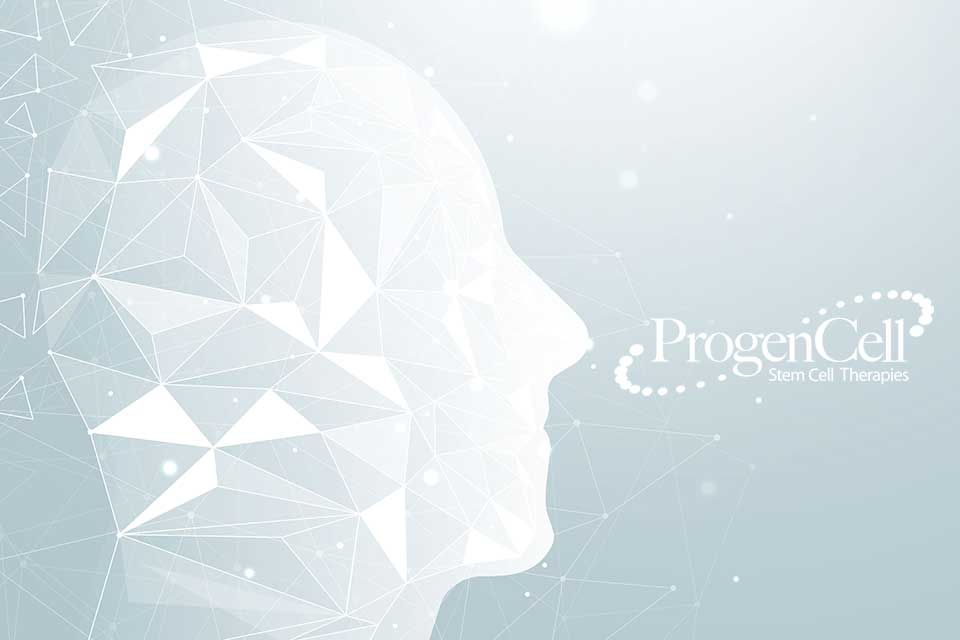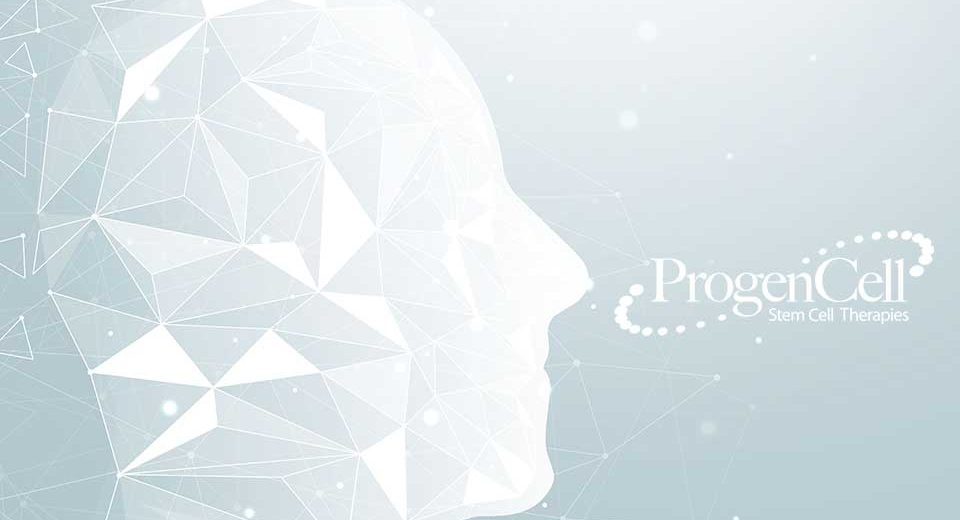
What is Biohacking
Biohacking is a term that has recently become popular, whose meaning has several slopes. To broadly define it refers to the use and study of biology in order to enhance body performance. It encompasses do-it-your-self-biology, grinders, Nutrigenomics, and quantified self, concepts that we need to explore in order to have a grasp of understanding of what biohacking really is. As biohacking starts to appear more often in headlines, it’s worth understanding it and exploring it. In a nutshell, I think is correct to regard biohacking as the pragmatic use of science in health. So, if you’ve pursued ways to improve your health, that’s biohacking.
DIY Biology
Table of Contents
DIY Bio is commonly lead by individuals with training and involvement in scientific fields. These biohackers offer tips and strategies to help non-specialists conduct experiments on themselves outside of a controlled trial condition. The most common purposes or motivations of DIY biohackers are lower costs, simply entertainment, medicine, life extension, and education. From the ethical or social point of view, biohacking aim o revise the notion that one must be an academic with an advanced degree to make any significant contribution to the biology community.
Grinders
In general, grinders progress toward becoming some sort of “cyborgs” by enhancing their bodies with a blend of gadgets, chemical injections, implants, and whatever else they can put into their body to improve it or make it work the way they want it to.
Nutrigenomics
Nutrigenomics refers to using nutrition to hack/take control of the human biology.
This type of biohacking is founded on the idea that your body can be optimized by learning how different nutrients affect your health.
Nutrigenomics also looks at how different nutrients affect how you feel, think, and behave.
Quantified Self
Other terms for using self-tracking data to improve daily functioning are self-tracking, auto-analytics, body hacking, self-quantifying, self-surveillance, and personal informatics. The quantified self refers both to the cultural phenomenon of self-tracking with technology. Quantified Self incorporate technology and data acquisition into daily life, often with the goal of improving physical, mental, and/or emotional performance. The adoption of wearable fitness and sleep trackers such as the Fitbit or the Apple Watch, combined with the increased presence of Internet of Things in healthcare and in exercise equipment, have made self-tracking accessible to a large segment of the population.
Is Biohackig Safe?
Some forms of biohacking are safe and Effective. For example, taking certain supplements or making changes to your diet can be safe. Even some body modifications, like RFID implants, may be safe when overseen by a medical professional.
Some biohacking methodologies border on the unsafe or even illegal. DIY bio and grinder sometimes centers around experiments that aren’t safe or ethical. Experimenting on humans, even if it’s just on yourself, is still considered unsafe because of the unintended consequences or harm that can result.
Can Stem Cell Therapy be considered as some sort of Biohacking?
Yes, stem cell therapy can be considered biohacking. Although it’s extremely important to understand that any kind of substance that goes into your body need to be administered in a technologically safe environment and under a clearly defined legal and ethical framework. Stem Cell Therapy is a proven way to improve your body function. And when used properly by medical professionals, has helped improved the quality of life of thousands of people.
To learn more about Stem Cell therapy, its limitations and how can help improve your quality of life. Contacts us and start a free evaluation, we can help you determine If Stem Cell therapy is the right choice for you.










